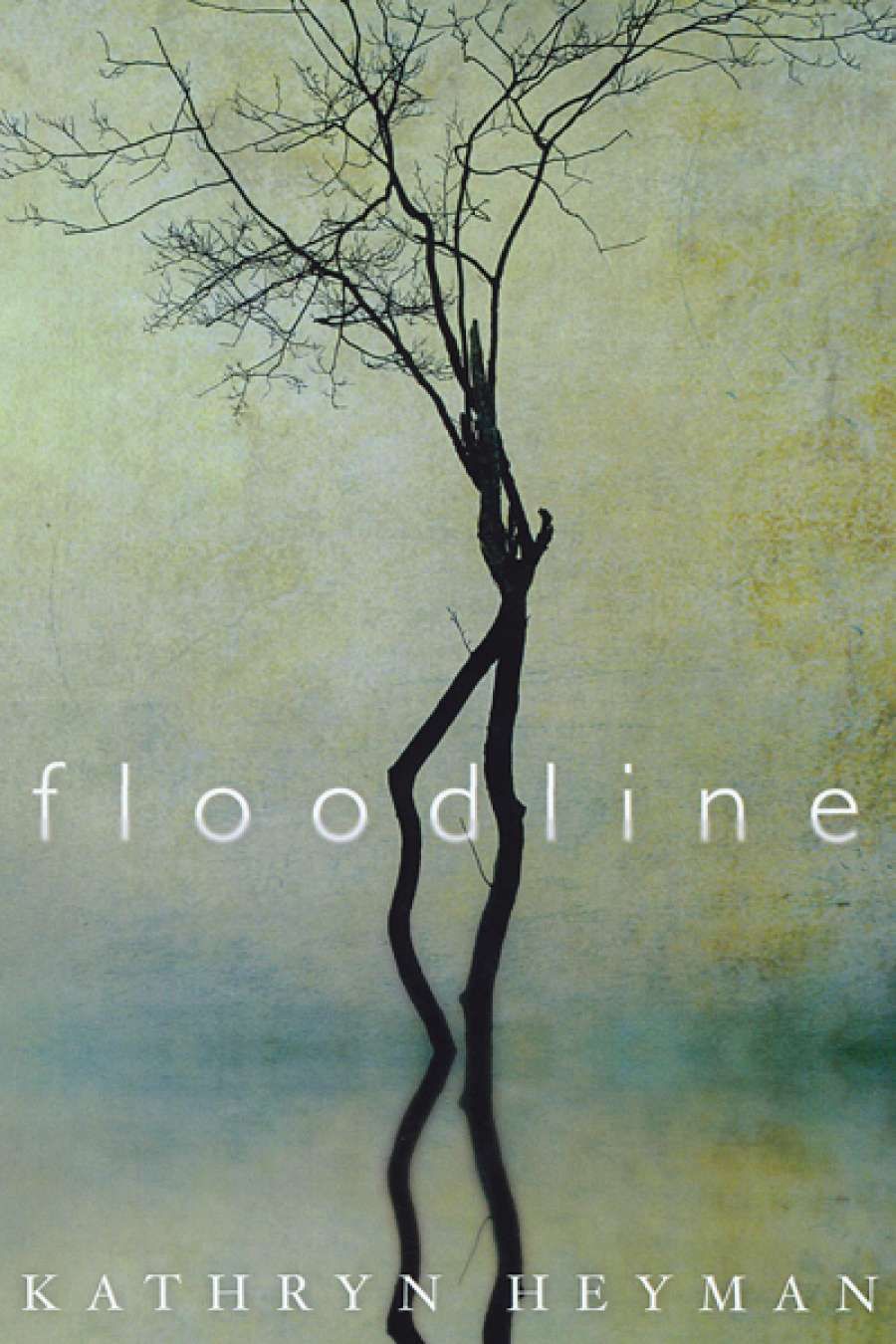
- Free Article: No
- Contents Category: Fiction
- Review Article: Yes
- Article Title: Floodline
- Article Subtitle: Carol Middleton reviews 'Floodline' by Kathryn Heyman
- Online Only: No
- Custom Highlight Text:
Floodline is the fifth novel by Kathryn Heyman, course director at Allen & Unwin’s Faber Academy. Set in an unspecified area of the United States, it follows a proselytising family, which is on a mission to save the godless inhabitants of Horneville on the eve of their annual gay mardi gras, Hornefest, when the city is devastated by floods.
- Book 1 Title: Floodline
- Book 1 Biblio: Allen & Unwin, $29.99 pb, 247 pp, 9781743312797
In this unsavoury blend of satire and hyperrealism, we follow the mother (Mikey) and her sons Talent and Mustard as they take to the highway in their SUV, with stops at seedy motels and fast food joints. They belong to the NuDay Christian cult, under the dubious leadership of Pastor Gary, and Mikey hosts the Shop for Jesus television channel. In line with her penchant for the grotesque, Heyman is over-fond of colourful but alienating language (‘his face bumping like a bouquet of elbows’).
A second narrative thread follows nurse Gina at Roselands hospital in Horneville, as her workplace changes from refuge to disaster zone. The two threads converge when the family arrives in the city, with Mustard on a quest to find his father and their hitchhiker, Donkey, searching for his long-lost daughter.
It is difficult to engage with any of the characters, except for eight-year-old Mustard, resilient in spite of his disastrous upbringing, and the cheerful patient Ned Hall. Mikey is a grotesque figure of fun, her dialogue reminiscent of Kath in the television sitcom Kath & Kim. Gina, in charge of the terminally ill, is a cipher, with no interest in life. Although the story is mired at first in heavy-handed satire, it does gather momentum as the relief operation at the hospital progresses. Unfortunately, Heyman is far too adept at creating scenes that disgust, characters whose moral compass is skewed, and outcomes that fail to satisfy.


Comments powered by CComment